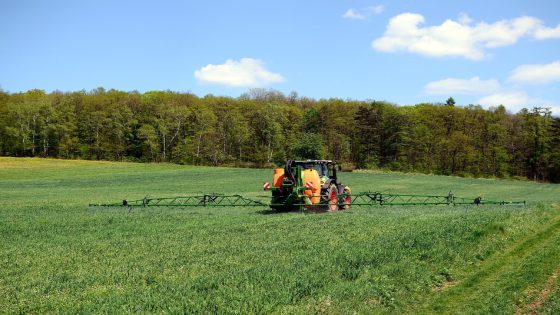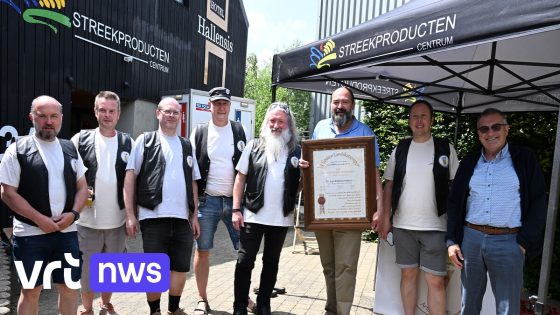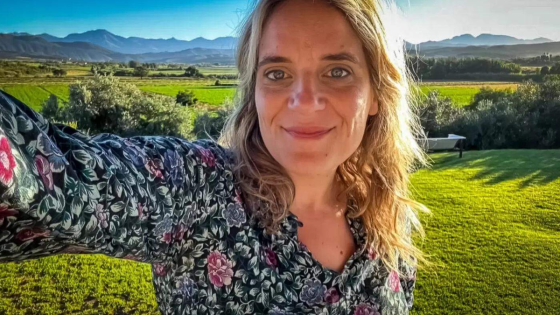The agro-food sector faces growing challenges around the use of PFAS-containing pesticides, a hot topic in Belgium as of 2025-07-09 20:06:00. With increasing calls to ban these substances, farmers and food processors worry about the impact on crop yields and industry stability. Can the sector truly operate without these chemical aids?
- Verbieden van middelen bemoeilijkt landbouw en industrie
- Biologische landbouw beperkt, weinig alternatieven beschikbaar
- PAN promoot verbeterde gewasweerbaarheid en preventie
- Specifieke teelten missen effectieve pesticidenopties
- Verlies selectieve middelen verhoogt milieubelasting
- Mechanische onkruidbestrijding verhoogt erosierisico
Proponents argue that sufficient alternatives exist and that improving crop resilience could reduce reliance on harmful pesticides. However, critics highlight that niche crops and specific horticultural practices may suffer without these targeted products. How will Belgian agriculture balance environmental concerns with practical needs?
This debate raises important questions about the future of sustainable farming in Flanders and beyond, setting the stage for a closer look at the realities behind the alternatives and their feasibility.
Is it realistic to expect agro-food producers to adapt quickly to a PFAS-free future? The evidence suggests some key points:
- Limited alternatives exist for niche crops like witloof and certain ornamentals, which receive less research focus.
- Integrated farming relies on selective products to minimize environmental impact; losing these could force broader chemical use.
- Mechanical weed control increases soil disturbance, raising erosion risks in Belgian farmland.
- Preventive measures such as crop rotation and natural pest control are underutilized, despite their potential.
Looking ahead, Belgium’s agro-food sector must invest in research and practical solutions that balance environmental goals with agricultural viability. Could collaborative efforts between farmers, scientists, and policymakers pave the way to a sustainable, PFAS-free future?

































